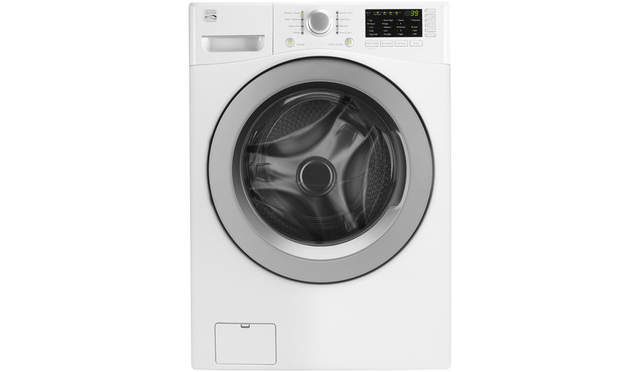Like its predecessor, the state Supreme Court’s 2014 pronouncement that recalibrated products liability law in Pennsylvania, the latest ruling in Tincher v. Omega Flex has led to a variety of interpretations, but one thing appears certain—the defense bar is encouraged by the opinion’s discussion of jury instructions.
In mid-February a three-judge panel of the state Superior Court determined that the product manufacturer defendant in the case was entitled to a new trial on claims that its gas transportation system was defective. The decision, which marks Tincher‘s second time up the appellate ladder, reversed the trial court’s ruling and highlighted the importance of jury instructions regarding the revamped definition of “defect.”
This content has been archived. It is available through our partners, LexisNexis® and Bloomberg Law.
To view this content, please continue to their sites.
Not a Lexis Subscriber?
Subscribe Now
Not a Bloomberg Law Subscriber?
Subscribe Now
LexisNexis® and Bloomberg Law are third party online distributors of the broad collection of current and archived versions of ALM's legal news publications. LexisNexis® and Bloomberg Law customers are able to access and use ALM's content, including content from the National Law Journal, The American Lawyer, Legaltech News, The New York Law Journal, and Corporate Counsel, as well as other sources of legal information.
For questions call 1-877-256-2472 or contact us at [email protected]


 Photo by Jason Doiy
Photo by Jason Doiy





